Submission to the RBKC New Local Plan Review
Kensington and Chelsea Borough Council recently conducted a consultation on their draft Local Plan, a key policy that guides planning decision in the area over the next five years. In response to the consultation, Kensington Against Dirty Money submitted the following on empty homes:
Kensington Against Dirty Money is a coalition of local residents, businesses, charities and other associations focused on our borough’s dirty money problem and its contribution to our position as the most unequal place in the country. Our campaign is focused on: transparency over who owns and controls property in our borough, including foreign-owned property; resources for enforcement agencies going after dirty money; effective action on empty homes; and increased social housing provision.
The New Local Plan should be more ambitious in addressing some of these drivers of housing inequality in the borough. It is noticeably silent on the empty property issue in the borough.
Specifically the plan should:
Outline ways in which the Council will collect and publish more accurate data on empty homes, including through a full empty homes survey. According to the latest Local Housing Needs Assessment (January, 2022) there are 2757 empty homes and 9045 second homes in the borough. This means there are 11802 unused homes - or one in eight - in the borough, the highest rate in England.
Outline ways in which the Council will take action on luxury property left empty for long stretches, including using Empty Dwelling Management Orders (EDMOs) on properties that have been empty for more than two years.
Address the rising number of short-term lets - or “Airbnb” properties - to seek to assess the impact of ‘whole home lets’ on housing supply in RBKC and to determine whether the 90-day maximum annual lettings limit in London is being broken.
Publish an assessment of the effectiveness of the council tax levy on empty homes, and consider options for additional tax, including exploring whether some homes classed as second homes could in fact be re-classified as long-term empty homes and charged the Council Tax Empty Homes Premium. Also explore how the London Borough of Haringey has abandoned the ‘second homes’ category and whether this could put homes currently classified as ‘second homes’ on the path to being charged Council Tax Empty Homes Premiums.
In addition Kensington Against Dirty Money is supportive of far more ambitious targets for the percentage of new housing to be social rent, for 100% of community housing to be provided at social rent and for regulation which strictly limits the amount of new build property in the borough which can be sold outside of the local community.
